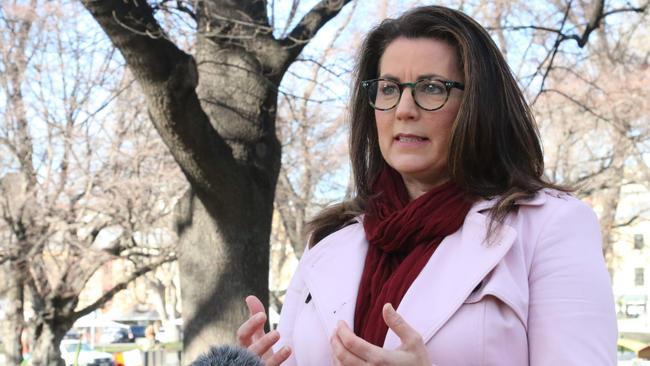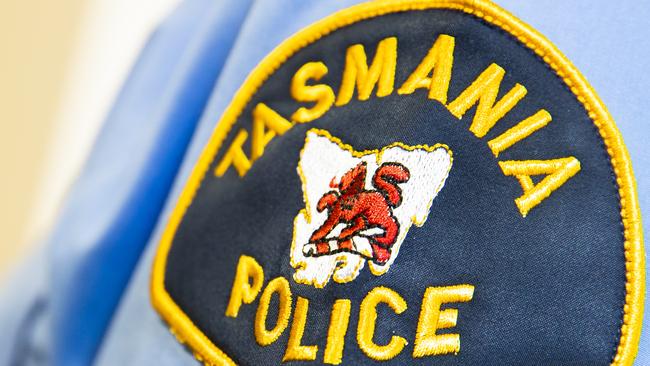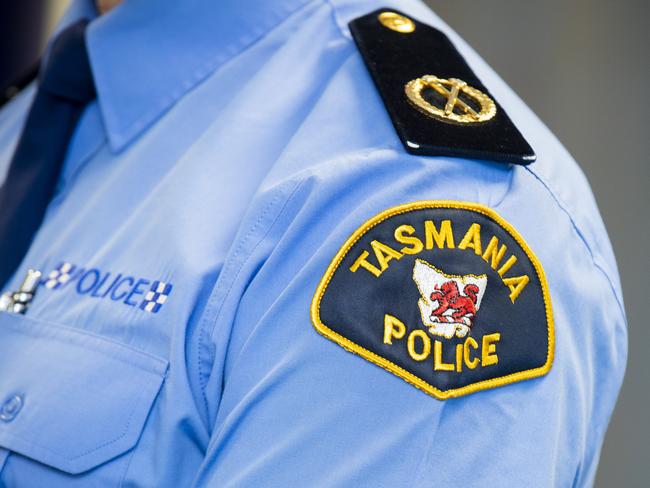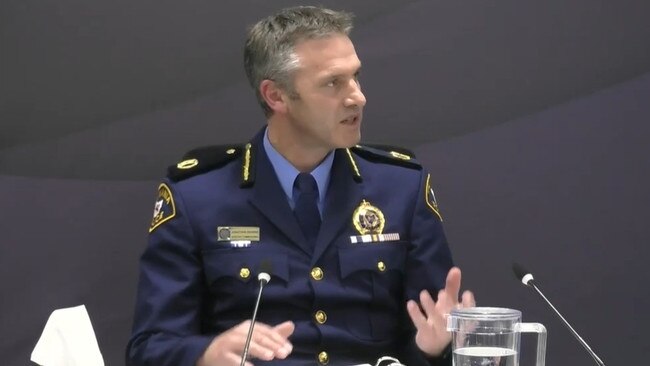MP’s anger at illegal bugging operation
Tasmania Polices’ long-term poor record at conducting surveillance operations legally warranted a more serious inquiry, Parliament has been told.
Tasmania
Don't miss out on the headlines from Tasmania. Followed categories will be added to My News.
REPEATED “systemic and illegal” surveillance practices Tasmania Police demanded a top-level inquiry, an Upper House MP says.
Independent member for Nelson Meg Webb said an inquiry by Solicitor General Michael O’Farrell SC was not good enough.
“It is readily apparent that a comprehensive, independent inquiry is the only way we can, with confidence, obtain answers to the myriad of questions that arise on this matter,” Ms Webb said during Tuesday’s adjournment debate.

“I am also highly concerned that this illegal surveillance activity and breach of privacy only came to light five years after it occurred.
“It did not come to light through legislated reporting and accountability mechanisms, but through a protracted legal proceeding against an individual, which was later dropped by the state, but not before inflicting much damage on that individual.
“What confidence can this chamber and the Tasmanian people have that similar warrants haven’t been authorised for use in prison visitor rooms previously or since this operation?”
Ms Webb said it might be time for Tasmania to consider also a statutory body to monitor surveillance such as Public Interest Monitor or Surveillance Devices Commissioner in place in other states.

“Recent reports from the Commonwealth Ombudsman alert us to concerning transgressions by Tas Police in relation to stored communications and telecommunications data, which includes emails, text messages, images and metadata,” she said.
“Tasmania has been singled out as the case study for a poor compliance culture in
in Commonwealth Ombudsman reports and has punched well above its weight when it comes to receiving adverse comment and recommendations for reform.
“We also have to ask ourselves, where is the Attorney-General in all this mess?
“Why is the Attorney-General not guaranteeing accountability and establishing a truly independent inquiry into the use of electronic surveillance by police in this Tasmania?”
Ms Webb called on the establishment of an inquiry headed by a retired interstate judge or similar figure with no pre-existing links to Tasmania Police or the Sue Neill-Fraser case.
“In the absence of a Commission of Inquiry, this is the only option that will serve to deliver full confidence to the Tasmanian people that the identified systemic and illegal practices of Tasmania Police are thoroughly investigated, and the legislative basis and reporting and accountability mechanisms are examined,” she said.
Tasmania Police in spotlight over bugging claims
TASMANIA Police has been asked by the Commonwealth Ombudsman to get legal advice about telecommunications data it received under invalid warrants.
The Ombudsman’s annual report on access to stored communications and telecommunications data by law enforcement agencies found that three warrants had been issued by Tasmanian magistrates who were not properly authorised under the Commonwealth legislation.
Stored communications include short message service (SMS) and multimedia messaging service messages, emails and voicemails.
The report noted that Tasmania Police also “may have accessed the telecommunications data of a person who could be a journalist, without having sufficient regard to the requirements of the Act”.

The report’s findings came as police are the subject of a review for illegally leaving a surveillance device recording at Risdon Prison for two months.
The Ombudsman said there were two instances of magistrates issuing warrants to access stored telecommunication data without being properly authorised — on top of four in 2018.
“We advised Tasmania Police that it should quarantine all stored communications obtained and seek legal advice regarding any use or communication of the accessed information,” the report said.
“In response, Tasmania Police advised that they had quarantined all affected data and taken action to manage any use or communication in accordance with advice received.”
And the report noticed it was not convinced Tasmania Police had acted appropriately in seeking a warrant for information from someone who might have been a journalist identified in the previous year’s report.
“Upon review, we were satisfied Tasmania Police had not breached the Journalist Information Warrant provisions,” it said.
“However, we concluded the actions taken by Tasmania Police were not sufficient to manage the risk that telecommunications data would be accessed without a Journalist Information Warrant in place when one is required.”
Special arrangements are in place in relation to warrants which may affect journalists, in order to balance the interests of law enforcement against the media’s ethical obligation to protect the identity of confidential sources.
The report related to inspections in the 2020/21 financial year, of records relating to the 2019/20 financial year.

FULL RESPONSE BY POLICE:
The Commonwealth Ombudsman’s has provided its Annual Report to Tasmania Police, covering all inspections conducted under 186B of the Telecommunications (Interception and Access) Act 1979. The Annual Report covers the period 1 July 2019 – 30 June 2020.
The report relates to data from two years ago. Significant improvements in training and procedures have been undertaken since then, including:
Implementation of mandatory training for police to ensure investigators and authorising officers understand their obligations.
Implementation of new policies and updated existing policies and standard operating procedures.
The Annual Report made seven recommendations which have been implemented or under development. The recommendations include:
- Tasmania Police should continue strengthening its compliance mechanisms.
- Ensuring that, prior to applying for a warrant, it confirms the person is eligible to issue stored communications warrants.
- Continue taking action to provide training and guidance to authorised officers on their record-keeping obligations under the Act.
The Ombudsman’s report expressed some concern as to a lack of documentation as to whether an officer who authorised access to call records considered whether the subscriber was a journalist. The subscriber was the subject of an investigation into a serious crime. The subscriber was well known to investigating officers. It was clear that the subscriber was not a journalist.
The Ombudsman found Tasmania Police has improved its processes through training and revising policies and practices.
Tasmania Police is committed to identifying issues and implementing actions to continually enhance performance.
Jonathan Higgins
Assistant Commissioner
More Coverage
Originally published as MP’s anger at illegal bugging operation





